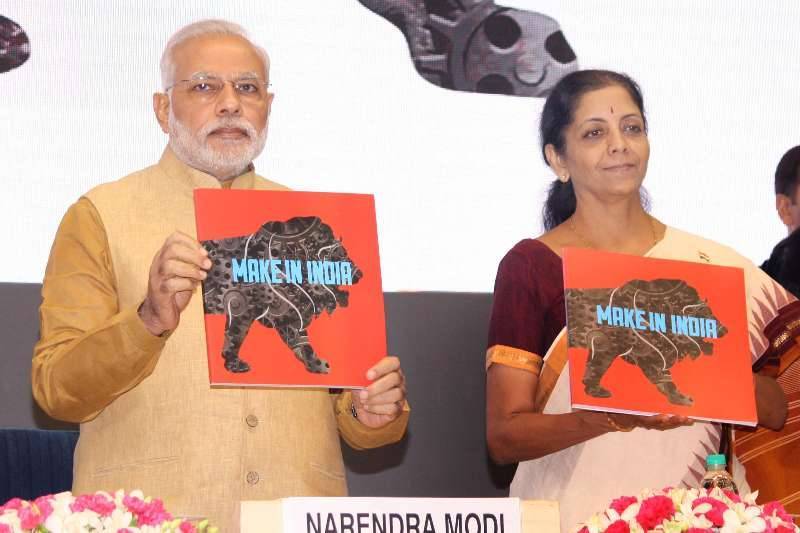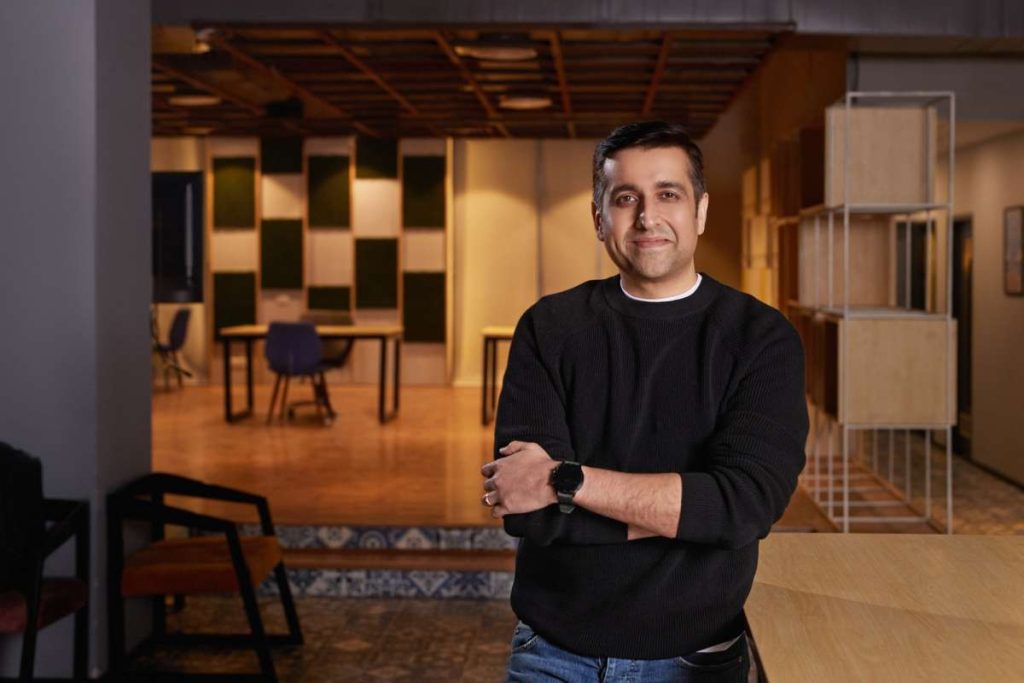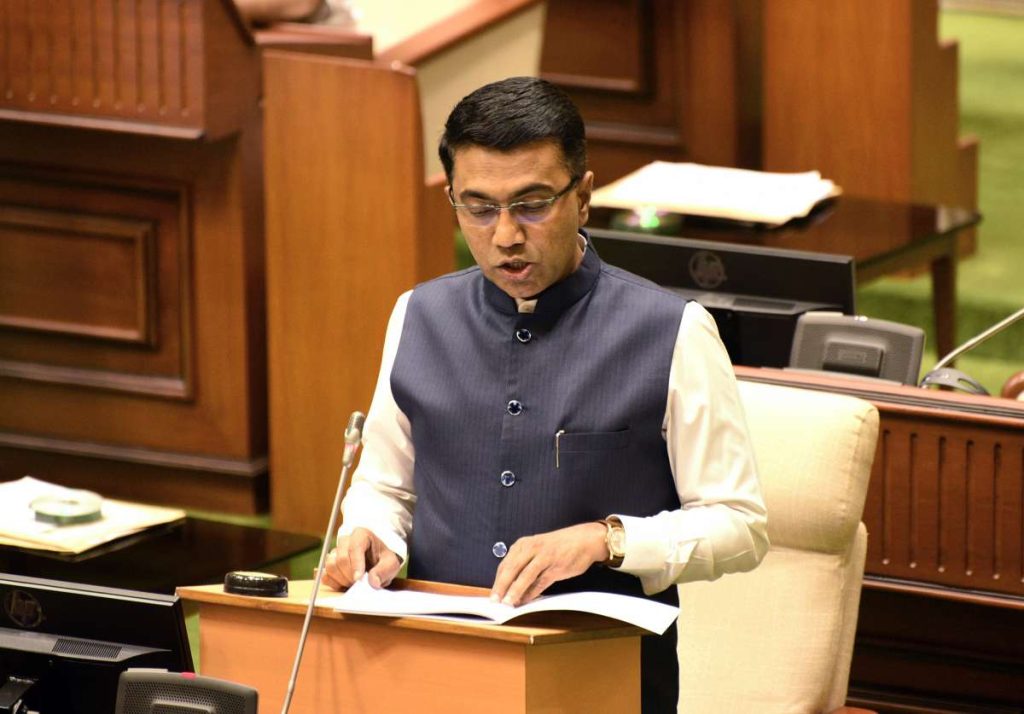Indian smartphone export is likely to have crossed USD 10 billion (over Rs 82,000 crore) in the just-ended financial year 2023, according to the new industry data. Apple’s ‘Make in India’ smartphones now constitute 50 per cent of total exports, followed by Samsung with 40 per cent of mobile exports and other smartphone players constituting the remaining 10 per cent of the export share.
India is going strong in its electronics manufacturing sector and making a mark globally. Smartphone manufacturing is something the government is very keenly focussing on. The Telecom industry is on the government’s priority list.
Indian smartphone export is likely to have crossed USD 10 billion (over Rs 82,000 crore) in the just-ended financial year 2023, according to the new industry data. The data has been released by the India Cellular and Electronics Association (ICEA) showed that Apple’s ‘Make in India’ smartphones now constitute 50 per cent of total exports, followed by Samsung with 40 per cent of mobile exports and other smartphone players constituting the remaining 10 per cent export share.

India is now being preferred by Global manufacturing giants. Recently, Samsung opened the world’s largest phone manufacturing unit in India. Other major global giants like Apple have moved significant units in the country too. Global enterprises like Oppo, Vivo, Xiaomi, and Lava have also set up their bases and expanded operationally in India.
“The mobile phone industry will cross $40 billion manufacturing output and 25 per cent exports at $10 billion is a stellar performance,” stated Pankaj Mohindroo, Chairman of ICEA.
Smartphone exports from India have doubled from a corresponding period from last fiscal year, driven by production-linked incentive (PLI) schemes.
The top five global destinations India currently exports mobile phones to are the UAE, the US, the Netherlands, the UK and Italy, according to the ICEA data. India has more than 260 units manufacturing mobile phones and accessories now, with only two units operational in 2014. Thus, India has come a long way in the mobile manufacturing sector. This is one industry where the ‘Make in India’ drive has worked on the ground, reported NewsonAir.
The country has witnessed a splendid growth rate in mobile phone manufacturing, charting a global success story. In Budget 2023, it was revealed that mobile phone production in the country increased from 5.8 crore units valued at about Rs 18,900 crore in 2014-15 to 31 crore units valued at over Rs 2,75,000 crore in the last financial year. With this, the custom duty of 2.5 per cent on the import of certain parts and inputs like camera lens were waived off in this Budget. The relief has been extended to further reduce input costs, deepen value addition, promote export competitiveness and boost domestic manufacturing.

India’s mobile exports were close to ‘zero’ in 2015 and reached a mark of Rs 27,000 crore in 2019-20. The real game-changer has been the PLI Scheme.
According to IT Ministry, mobile phone manufacturing saw a 66 per cent rise to Rs 45,000 crore within the first year of the roll-out of the scheme in April 2020.
“Due to the Production Linked Incentive (PLI) Scheme, India is currently one of the fastest-growing mobile phone manufacturers in the world and has emerged as the second-largest manufacturer of mobile handsets in the world in volume terms,” India’s IT Minister Rajeev Chandrasekhar had said earlier.






















